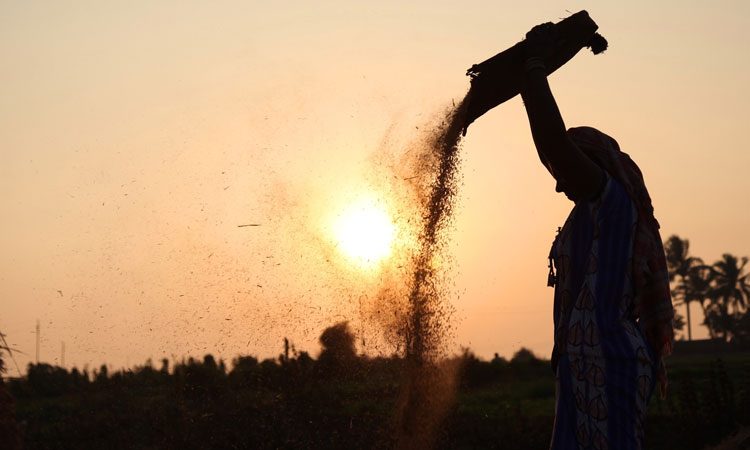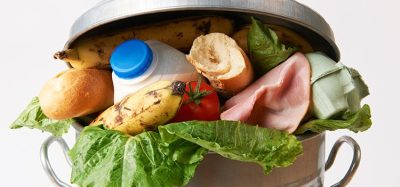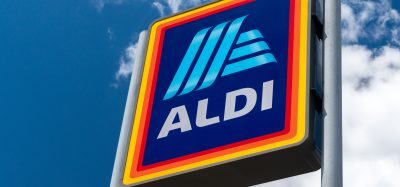Report emphasises importance of smartphone technology for Indian farmers
- Like
- Digg
- Del
- Tumblr
- VKontakte
- Buffer
- Love This
- Odnoklassniki
- Meneame
- Blogger
- Amazon
- Yahoo Mail
- Gmail
- AOL
- Newsvine
- HackerNews
- Evernote
- MySpace
- Mail.ru
- Viadeo
- Line
- Comments
- Yummly
- SMS
- Viber
- Telegram
- Subscribe
- Skype
- Facebook Messenger
- Kakao
- LiveJournal
- Yammer
- Edgar
- Fintel
- Mix
- Instapaper
- Copy Link
Posted: 26 April 2019 | New Food Magazine | No comments yet
A new report has stated that harnessing new technology so that Indian farmers make better business decisions could help to tackle the sustainable cooling challenge facing India and the wider world.


Using mobile apps and data analysis to manage harvesting and logistics could help to reduce the amount of food wasted between the farm and the supermarket, whilst boosting farmers’ incomes and reducing the environmental impact of much-needed food cooling.
The report (Promoting Clean and Energy Efficient Cold-Chains in India) is part of a four-point ‘roadmap’ developed by experts at the University of Birmingham and others, to uncover the cooling needs of farmers in the states of Haryana, Punjab, Maharashtra and Karnataka. It recommends:
- Promoting new business models that involve the communities taking charge of their own cooling needs
- Establishing ‘Living Labs’ in rural communities where new technology can be tested
- Providing training to enable people in the food industry to use new technology
- Creating a new framework for delivering IT-based cold chain solutions; particularly IT-based services to manage harvesting and logistics, and selling surplus cooling capacity.
“We’re proposing a radical new approach to cooling provision with recommendations combined with [the] Government of India action to address needs from the first- to last-mile of the cold chain as well as those of the broader rural community,” explained Toby Peters, Professor in Clean Cold Economy at the University of Birmingham. “We must build capacity whilst demonstrating the efficiency of new technology that people will be able to use easily and affordably.”
Effective refrigeration is essential to preserve food and medicine. It underpins industries and economic growth, while air conditioning is key to sustainable urbanisation and human productivity. Currently, up to 50% of food in India is lost post-harvest because of a lack of cold chain. The report highlights that only 4% of produce that would benefit from a cold chain actually does so, compared with around 70% in the UK.
With populations and incomes growing, urbanisation continuing and climate change causing rising temperatures, more cooling equipment is needed. Between now and 2050, it is estimated that 19 pieces of cooling equipment (such as room-size AC units, refrigerators and industrial size chillers) will be deployed every second. Despite this increase in cooling provision, access to cooling for all people that need it will still not be a reality.
Related topics
Environment, Equipment, Refrigeration and freezing, Technology & Innovation, Temperature control








